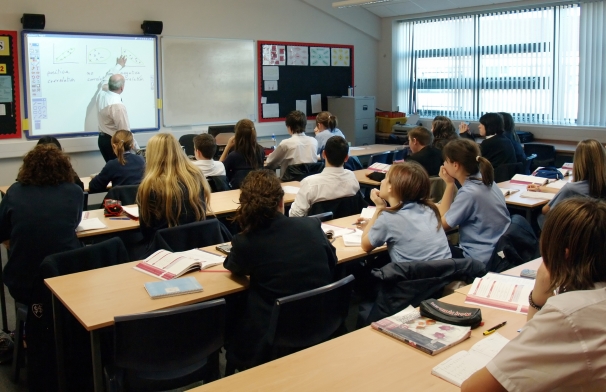Interventions for Reducing School Exclusion

Dr Sara Valdebenito, Prof Manuel Eisner, Prof David P. Farrington, Dr Maria Ttofi, Dr Alex Sutherland
School exclusion, also known as suspension, is a disciplinary sanction imposed by a school authority in reaction to student behaviour. Exclusion entails the removal of pupils from regular teaching for a period of time during which they are not allowed to be present in the classroom or, in more serious cases, on school premises. Most of the available research has found exclusion to be associated with negative effects on developmental outcomes. Suspension of students seems to increase the likelihood of failure in the academic curriculum, aggravate antisocial behaviour and also increase the chances of involvement with punitive social control institutions. In the long-term, opportunities for training and employment are considerably reduced.
This project, supported by a grant from the Nuffield Foundation, investigated which school-based interventions for reducing exclusions have been effective by conducting a systematic review and meta-analysis of previous research. By bringing together many different studies, the researchers were able to produce a statistical summary of interventions in this area. The review, now complete, was registered with the Campbell Collaboration, a leading international network producing high quality systematic reviews of social and economic interventions. The evidence suggests that school-based interventions are effective at reducing school exclusion immediately after and for a few months after the intervention. Some types of interventions show more promise than others, namely those involving mentoring and monitoring, alongside those targeting skill training for teachers.
Key publication
Valdebenito, S., Eisner, M., Farrington, D., Ttofi, M. and Sutherland, A. School-based interventions for reducing disciplinary school exclusion: a systematic review (2018). DOI: 10.4073/csr.2018.1. You can read this systematic review here.
Pic: Lucélia Ribeiro, Flickr, CC
